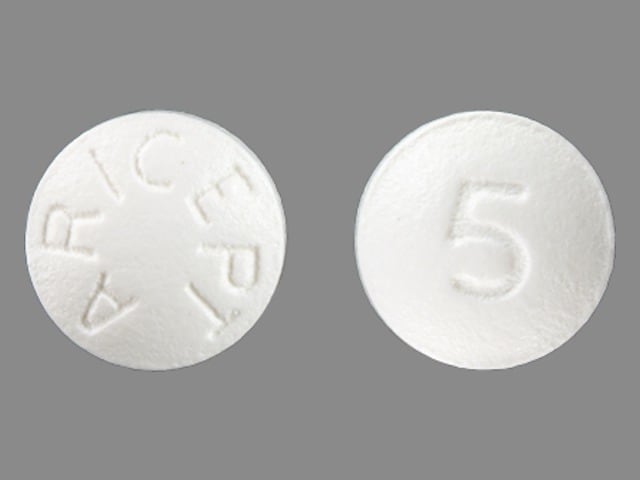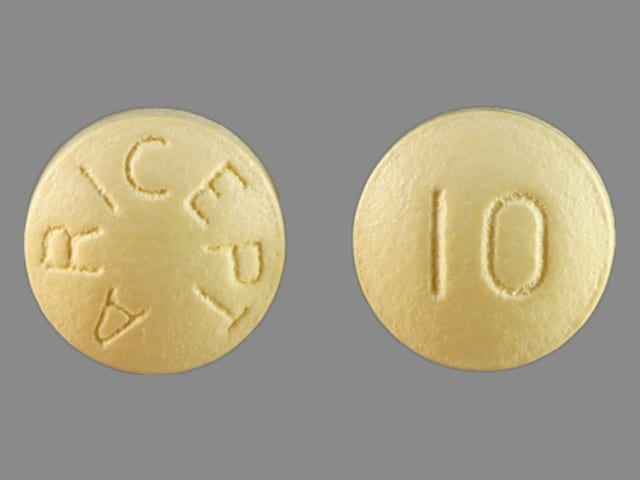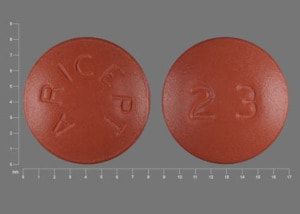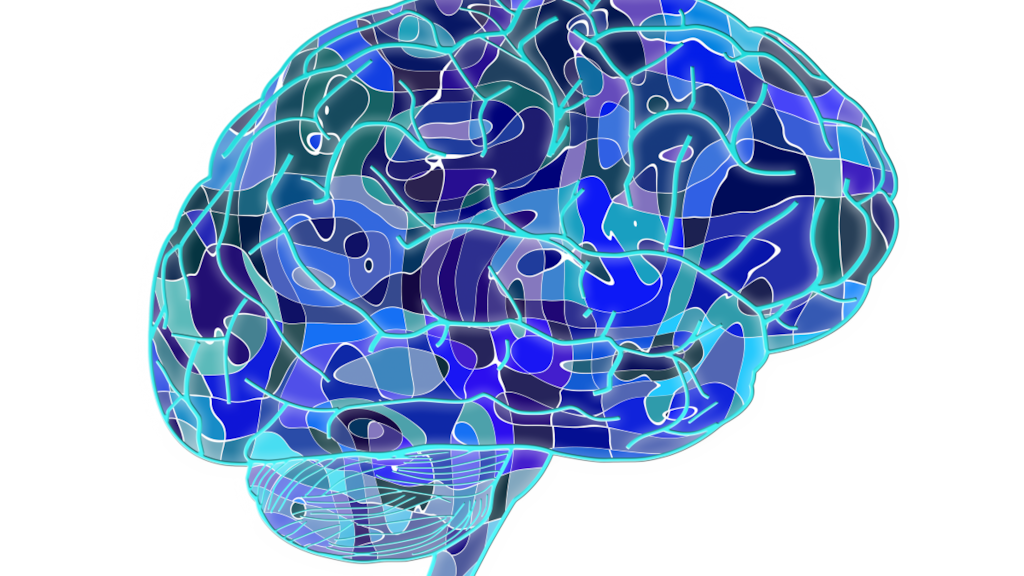What is Aricept?
Aricept comes as Aricept film-coated tablets in dosage strengths of 5mg, 10mg, and 23mg, and as Aricept Orally Disintegrating Tablets (ODT; 5mg and 10mg). Except where indicated, all the information about Aricept in this guide also applies to Aricept ODT.
Aricept is a prescription medicine to treat mild, moderate, and severe Alzheimer’s disease. Aricept can help with mental function and with doing daily tasks. Aricept does not work the same in all people. Some people may:
- Seem much better
- Get better in small ways or stay the same
- Get worse over time but slower than expected
- Not change and then get worse as expected
Aricept does not cure Alzheimer’s disease. All patients with Alzheimer’s disease get worse over time, even if they take Aricept.
Aricept has not been approved as a treatment for any medical condition in children.
Who should not take Aricept?
Do not take Aricept if you are allergic to any of the ingredients in Aricept or to medicines that contain piperidines. Ask your doctor if you are not sure. See "What are the ingredients in Aricept?" for a list of ingredients in Aricept.
What should I tell my healthcare provider before taking Aricept?
Tell the doctor about all of your present or past health problems and conditions. Include:
- Any heart problems including problems with irregular, slow, or fast heartbeats
- Asthma or lung problems
- A seizure
- Stomach ulcers
- Difficulty passing urine
- Liver or kidney problems
- Trouble swallowing tablets
- Present pregnancy or plans to become pregnant. It is not known if Aricept can harm an unborn baby.
- Present breast-feeding. It is not known if Aricept passes into breast milk. Talk to your doctor about the best way to feed your baby if you take Aricept.
Tell the doctor about all the medicines you take, including prescription and non-prescription medicines, vitamins, and herbal products. Aricept and other medicines may affect each other.
Be particularly sure to tell the doctor if you take aspirin or medicines called nonsteroidal anti-inflammatory drugs (NSAIDs). There are many NSAID medicines, both prescription and non-prescription. Ask the doctor or pharmacist if you are not sure if any of your medicines are NSAIDs. Taking NSAIDs and Aricept together may make you more likely to get stomach ulcers.
Aricept taken with certain medicines used for anesthesia may cause side effects. Tell the responsible doctor or dentist that you take Aricept before you have:
- surgery
- medical procedures
- dental surgery or procedures.
Know the medicines that you take. Keep a list of all your medicines. Show it to your doctor or pharmacist before you start a new medicine.
How should you take Aricept?
- Take Aricept exactly as prescribed by the doctor. Do not stop Aricept or change the dose yourself. Talk with your doctor first.
- Take Aricept one time each day. Aricept can be taken with or without food.
- Aricept 23mg tablets should be swallowed whole. Do not split, crush, or chew the tablets.
- Aricept ODT melts on the tongue. You should drink some water after the tablet melts.
- If you miss a dose of Aricept, just wait. Take only the next dose at the usual time. Do not take 2 doses at the same time.
- If Aricept is missed for 7 days or more, talk with your before starting again.
- If you take too much Aricept at one time, call your doctor or poison control center, or go to the emergency room right away.
What are the possible side effects of Aricept?
Aricept may cause the following serious side effects:
- slow heartbeat and fainting. This happens more often in people with heart problems. Call your doctor right away if you feel faint or lightheaded while taking Aricept.
- more stomach acid. This raises the chance of ulcers and bleeding, especially when taking Aricept 23mg. The risk is higher for people who have had ulcers, or take aspirin or other NSAIDs.
- worsening of lung problems in people with asthma or other lung disease.
- seizures.
- difficulty passing urine.
Call your doctor right away if you have:
- fainting.
- heartburn or stomach pain that is new or won’t go away.
- nausea or vomiting, blood in the vomit, dark vomit that looks like coffee grounds.
- bowel movements or stools that look like black tar.
- new or worse asthma or breathing problems.
- seizures.
- difficulty passing urine.
The most common side effects of Aricept are:
- nausea
- diarrhea
- not sleeping well
- vomiting
- muscle cramps
- feeling tired
- not wanting to eat
These side effects may get better after you take Aricept for a while. This is not a complete list of side effects with Aricept. For more information, ask your doctor or pharmacist.
Call your doctor for medical advice about side effects. You may report side effects to FDA at 1-800-FDA-1088.
Aricept Images
General information about the safe and effective use of Aricept
Medicines are sometimes prescribed for conditions that are not mentioned here. Do not use Aricept for a condition for which it was not prescribed. Do not give Aricept to other people, even if they have the same symptoms or condition. It may harm them.
This guide summarizes the most important information about Aricept. If you would like more information, talk with your doctor. You can ask your pharmacist or doctor for information about Aricept that is written for health professionals. For more information, go to www.Aricept.com, or call 1-800-760-6029.
How should I store Aricept?
Store Aricept at room temperature between 59º to 86ºF (15º to 30ºC).
Keep Aricept and all medicines out of the reach of children.
What are the ingredients in Aricept?
Active ingredient: donepezil hydrochloride
Inactive ingredients:
- Aricept 5 mg and 10 mg film-coated tablets: lactose monohydrate, cornstarch, microcrystalline cellulose, hydroxypropyl cellulose, and magnesium stearate. The film coating contains talc, polyethylene glycol, hypromellose, and titanium dioxide. Additionally, the 10 mg tablet contains yellow iron oxide (synthetic) as a coloring agent.
- Aricept 23 mg film-coated tablets: ethylcellulose, hydroxypropyl cellulose, lactose monohydrate, magnesium stearate, and methacrylic acid copolymer, Type C. The reddish color film coating includes ferric oxide, hypromellose 2910, polyethylene glycol 8000, talc, and titanium dioxide.
- Aricept ODT 5 mg and 10 mg tablets: carrageenan, mannitol, colloidal silicon dioxide, and polyvinyl alcohol. The 10 mg tablet contains yellow iron oxide (synthetic) as a coloring agent.






